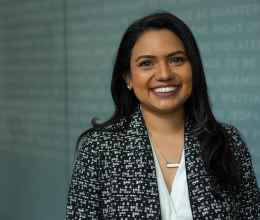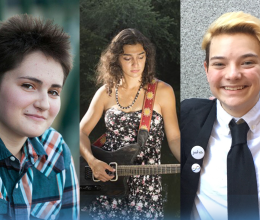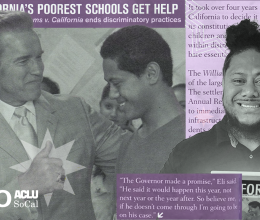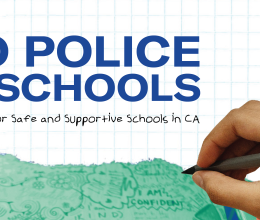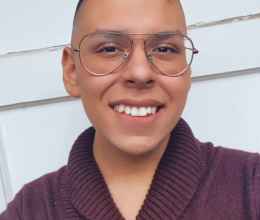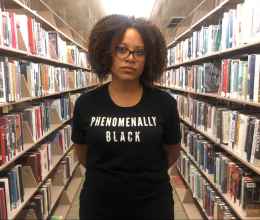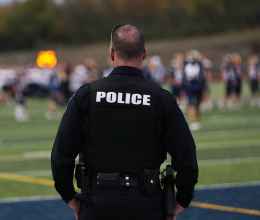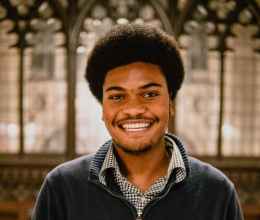
In the early days of the COVID-19 lockdowns, as schools transitioned from in-person to remote learning, students were among the first to feel the effects of social isolation. We suffered silently as schools adjusted to virtual learning while paying little attention to the impact of this transition on students’ mental health. But the lack of mental health resources isn’t just a result of changes due to COVID-19 — the pandemic exposed an existing problem.
Student mental health has never been prioritized in this state. California ranks 48th in the nation when it comes to access to school counselors. Experts recommend one counselor for every 250 students, but in California there is just one counselor for every 682 students and one social worker for every 6,000 students. Our state has twice as many school police as school social workers and many districts have more police than nurses.
The reality is that California has over-invested in a punitive school policing system and left student health underfunded. Even on our own campuses, we were suspects before we were students. And now, during the stay-at-home order, we are denied access to counselors and left alone to fend for ourselves.
In May 2020, the Youth Liberty Squad (YLS) distributed a survey to students and received over 600 responses from students across California. The results of the survey highlighted the inadequate access to mental health resources during a global pandemic. Responses from students explicitly expressed anxiety, feeling overwhelmed, and misery as a result of social isolation.
I read all of the responses, including one from an individual who lost their job and expressed how that created uncertainty in their path to college. At the time, I was a junior. I read the responses with the hope that by the time it was my turn to apply to college, I could go to school and get the help I needed. Now I’m a high school senior, and I consider myself lucky because I managed to apply to college and have regular meetings with my school's social worker. But I am only in contact with the social worker because of other personal circumstances.
I can’t help but think of my peers and close friends who aren’t offered support because perhaps their situation is not as fragile as mine. What about the 1.8 million students in California who attend schools with no social workers? Especially in this time of uncertainty, that help should be accessible to all. I live in a wealthy state, and yet access to mental health still seems like a luxury and not a right.
The YLS transformed the information from the survey into action, writing a letter to Superintendent Thurmond and Governor Newsom on behalf of all students in hopes of change. The letter summarized students’ need for virtual tutors to address learning loss, prioritizing school-based mental health, and support for holistic education and wellness by improving access to the arts. Although the YLS has presented its findings to the California Legislature and the California Department of Education, half a year has passed with little response or action.
As a student, I feel mental health check-ins between administrators (teachers, social workers, counselors, etc.) and each and every individual pupil should be mandatory along with a period of rest. For example, my high school gives us a week of lecture and time with teachers without assigning new assignments in order for us to catch up — something called a “Power Week”, and my peers and I find this time useful and restorative.
The inaction of state leaders won’t stop us. Our work is just beginning. We’ve gathered signatures for a petition for school-based mental health support as a civil right. Our leaders must listen to students who are seeing the impact of the government’s decisions on our daily lives and our mental health. Students feel ignored by these policymakers, who have left us with a limited response and no support. Join us in our fight and demand state officials prioritize student mental health now.
Catherine Estrada is a senior in the Los Angeles Unified School District.
